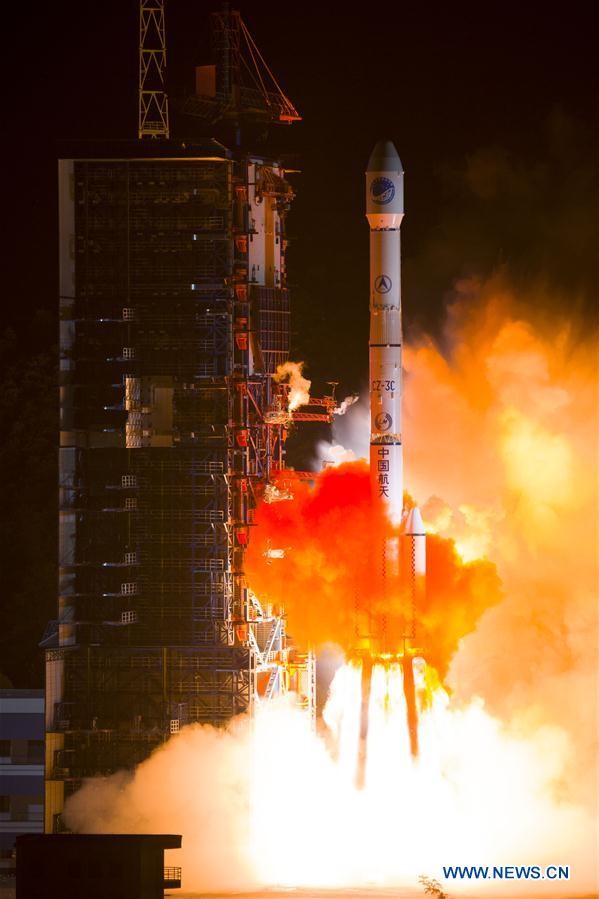China plans to increase the accuracy and capabilities of its Beidou satellite-based navigation system to serve as a direct competitor to the United States' Global Positioning System (GPS).
According to China Satellite Navigation Office Director Ran Chengqi, their goal is to increase Beidou's tracking accuracy from the current 10 meters down to just several centimeters. The increase, he added, will greatly benefit not only the military and the government but also the greater public, the South China Morning Post reported.
Ran said that mobile taxi hailing apps would be one area where the increased accuracy of the system would provide more benefits. He said that with the increased accuracy, a cab driver will be able to locate a passenger hailing his service without the need for additional directions.
The pronouncement comes on the heels of the launch of the 23rd satellite of the system. The satellite was launched on Sunday aboard a Long March 3C rocket from the Xichang launch facility in Sichuan Province . This is the third Beidou satellite to be launch this year, following the previous launches in February and March,Asia Times reported.
Development of the system began in the late '90s, but the first satellite was not launched unit 2000. Since then, the Chinese government has accelerated its development, and by 2012 is providing regional navigation, not only for the mainland but also other nations in the area.
Ran admitted that Beidou is still lagging behind its competitors like the GPS, Russia's GLONASS, and the European Union's Galileo. However, he is confident that the improvements will help it catch up. The system is expected to be completed by 2020 and will comprise about 40 satellites.
There are concerns that the system could be used for intelligence gathering and espionage. Unlike other systems, Beidou is capable of sending instructions to a terminal on the ground.
However, Chinese security officials clarified that the Beidou terminals installed on civilian devices exported from China, like smartphones and tablets, do not have such capabilities.



























